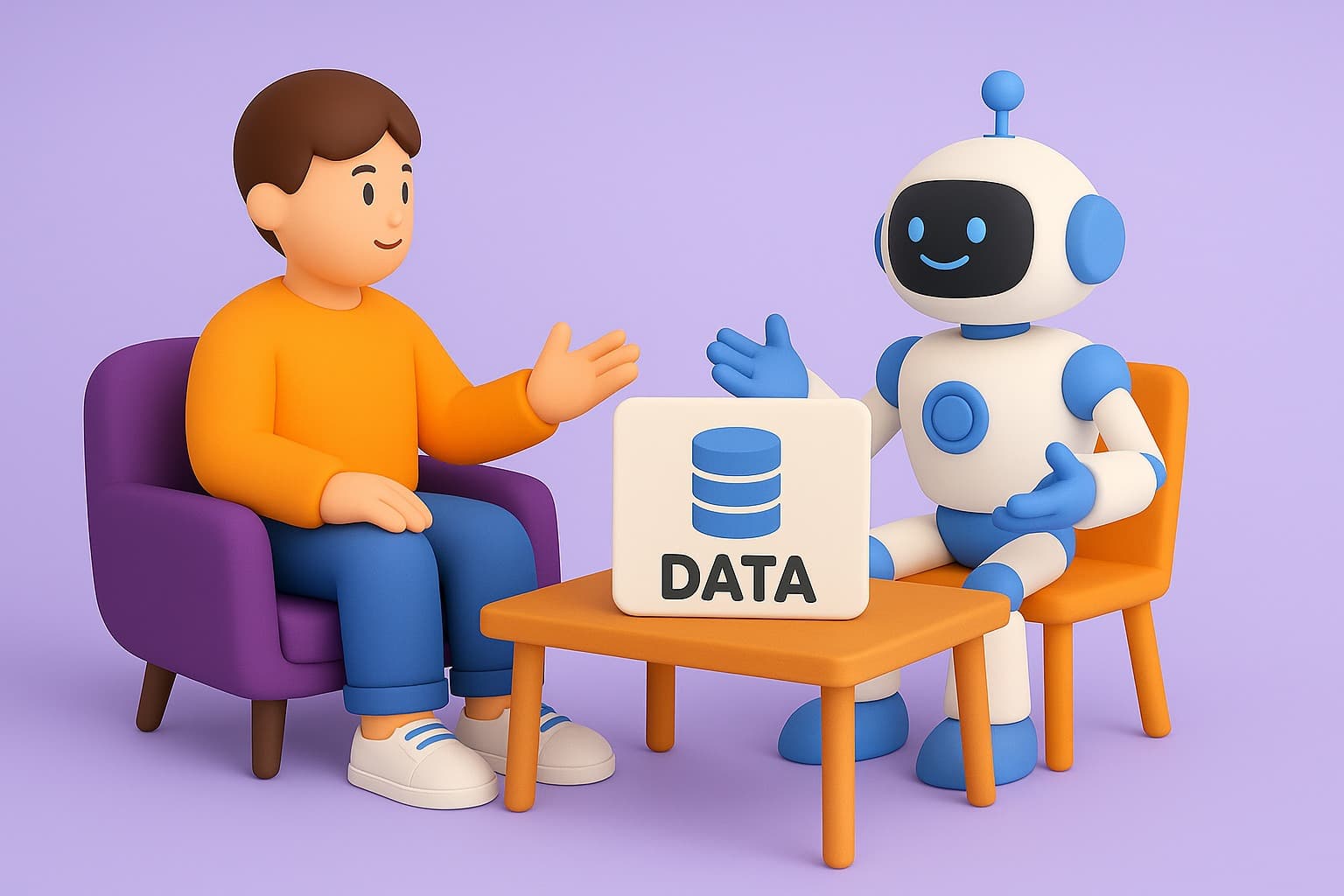From Privacy to Performance: Why the Future of Data Will Be Negotiated, Not Hidden

From Hiding to Negotiating
For years, privacy was framed as a war — you versus the system.
You hid; it hunted.
You deleted cookies, used VPNs, switched browsers… and still the ads followed you home.
But a quiet shift is underway: data isn’t disappearing. It’s being negotiated.
The new question isn’t How do I stay unseen?
It’s What do I choose to be seen for?
1. The End of the Privacy Illusion
We were taught that privacy meant invisibility.
Go incognito. Opt out. Turn off tracking.
But invisibility is a myth in a world where connection itself is the signal.
Every app, every tap, every service — all depend on data exchange.
You can’t participate without leaving traces.
Privacy as absence was never sustainable.
What’s emerging now is privacy as agency —
the right to dictate the terms of your visibility.
2. The New Social Contract of Data
In the 2010s, platforms extracted data.
In the 2020s, users began demanding reciprocity.
The future will run on data contracts — explicit or implicit.
An economy of consent, not compliance.
Instead of hiding your info, you’ll negotiate its value.
Want personalization? Faster load times? Smart interfaces?
Fine — but share selectively.
Your data becomes currency, not collateral.
The new privacy ethos isn’t “Don’t collect.”
It’s “Collect — but compensate.”
3. From Privacy Walls to Privacy Wallets
Imagine your personal data stored in an encrypted vault.
A privacy wallet.
Apps request access like tenants asking for keys.
You grant specific permissions for specific durations.
When they profit from your data, you get a cut.
This already exists in early data unions and user-owned analytics models.
It’s not about hiding.
It’s about billing.
If your attention is the product,
you deserve royalties.
4. The Rise of “Performative Privacy”
But there’s a paradox:
As data becomes negotiable, privacy itself becomes performative.
We already see it:
- Influencers bragging about being “private.”
- Apps marketing “zero-knowledge” while mining metadata behind the scenes.
Privacy becomes aesthetic, not ethic.
Authenticity blurs with optics.
Soon, what you choose to reveal — and how private you appear —
will become part of your personal brand.
Privacy won’t vanish.
It’ll be curated.
5. The Corporate Response: Controlled Transparency
Corporations are adapting fast.
Total opacity causes backlash.
So they now sell controlled transparency —
- Privacy dashboards
- “Delete my data” buttons
- Feel-good consent banners
It looks empowering.
But it’s containment.
By shaping the interface of consent,
they shape the meaning of consent.
You can withdraw from the UI,
but not from the infrastructure.
Your privacy is acknowledged… not restored.
6. The Pragmatist’s Playbook
Absolute secrecy? Impossible.
Strategic exposure? Essential.
Think like a negotiator, not a fugitive:
✅ Use burner/alias emails to compartmentalize identity
✅ Treat permissions as contracts, not conveniences
✅ Diversify your digital presence — don’t let one ecosystem own you
✅ Support privacy-first startups that share value, not just slogans
✅ Remember: Privacy isn’t withdrawal. It’s leverage.
7. The Future Is Transactional
The next phase of digital life won’t be a privacy revolution.
It will be a privacy marketplace.
Your preferences, health metrics, and digital behaviors will be traded like assets — with your permission and profit attached.
We’re moving from hiding data
to haggling over it.
From being monitored
to being monetized on our terms.
The age of secrecy is ending.
The age of strategic exposure has begun.